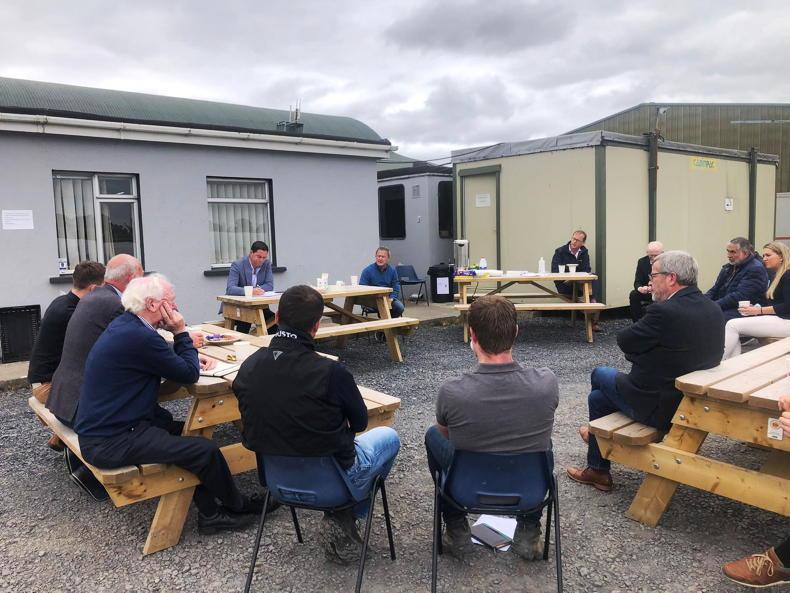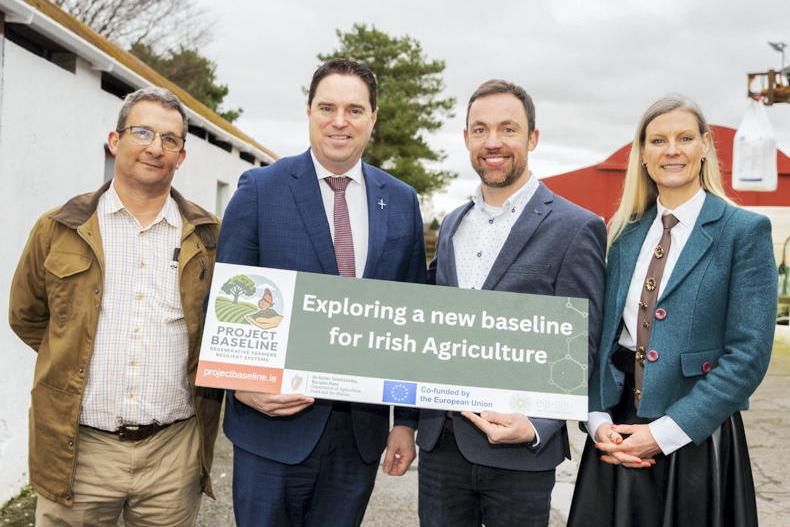The level of divisiveness that has been generated around agriculture and the environment in recent months is “unnecessary and not helpful”, according to the chair of Ireland’s Agri-Food Strategy 2030.
Tom Arnold told an Irish Farmers Journal/KPMG webinar that the strategy’s committee had sought to find a level of common ground between farmers and environmentalists.
Arnold said he and others on the committee were disappointed when the Environmental Pillar, which represents a number of environmental NGOs, withdrew from the process.
Middle ground
“I think we still need to continue to work towards seeing can we get this middle ground accepted. I think there’s an element of public debate and public discussion on this,” he said.
“Ultimately what we have to see if we are to achieve the resolution of the climate and biodiversity emergency, which the Dáil has declared, is that the agri-food sector – and this is the sector as a whole, not just the farmers – the agri-food sector has a critical role to play in this.”
[...] there’s going to have to be new schemes put in place
“I have no doubt that the vast number of farmers are themselves committed to an improved environmental situation,” Arnold said.
“But if society – and I’m talking both at national and European level – wants to bring farmers along and make sure they are making their optimum contribution to that, there’s going to have to be new schemes put in place, new incentives to enable farmers to contribute to that important goal.”
Food systems
Arnold explained that the strategy had taken a unique “food systems approach” which sought to encompass the entire food supply chain. He said there was a growing feeling that consumers were moving away from demanding just safe, high-quality food to also seeking sustainably produced food.
Arnold acknowledged there would be an additional cost to producing food to the required standard.
[...] there has to be a wider debate here
He said the committee gave particular consideration as to where the burden of the extra costs would fall.
“It is clear that primary producers alone cannot be expected to bear this cost,” Arnold said.
“The idea that farmers alone are responsible for a sustainable food system cannot be tolerated. I mean there has to be a wider debate here about what everybody along the chain is going to contribute.”








SHARING OPTIONS